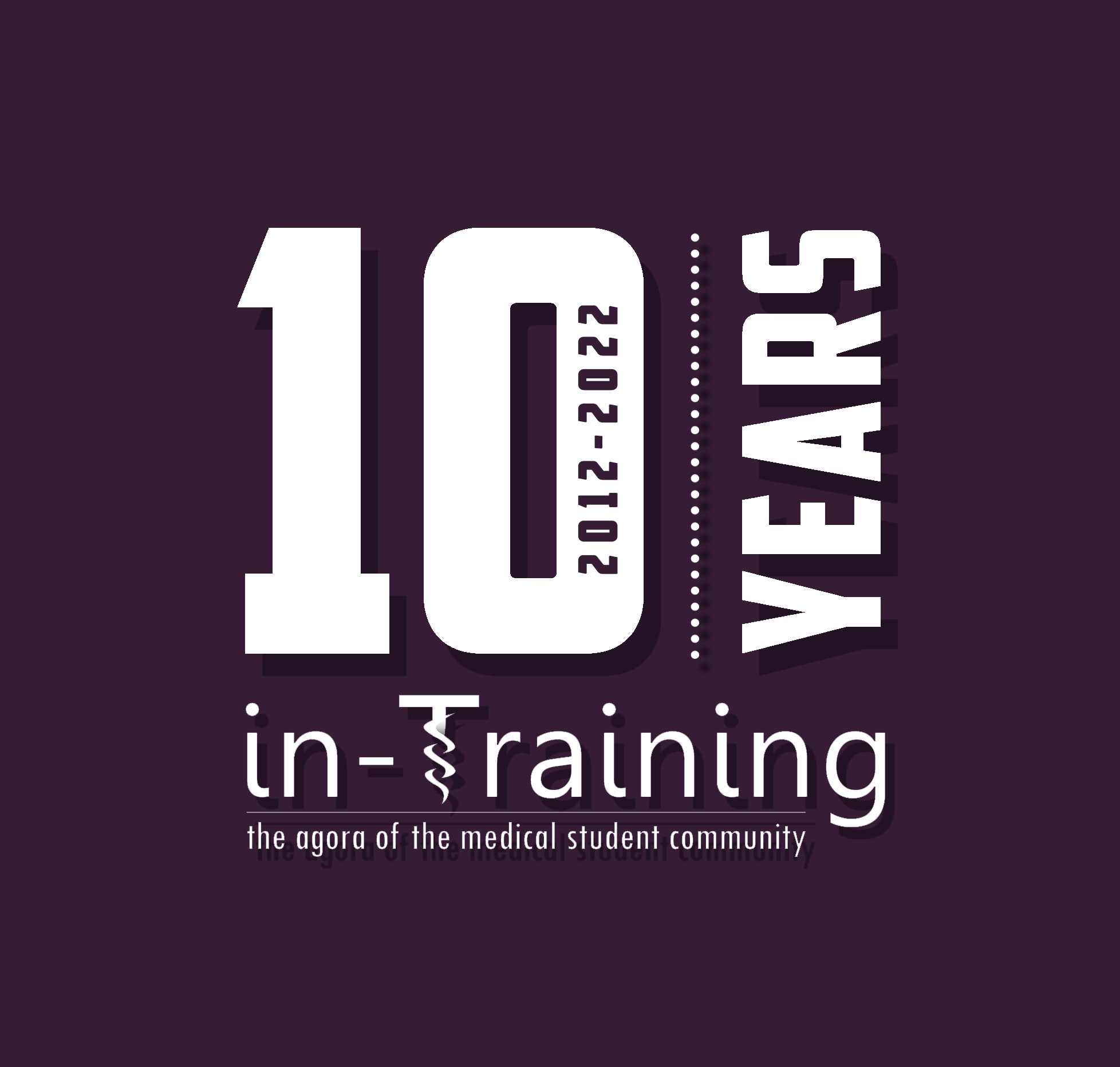This April marked the 10-year anniversary of the founding of in-Training, and we invited all members of the in-Training family to contribute articles and other artistic works to celebrate our first decade as the premier online peer-reviewed publication by and for the medical student community.
Dr. Will Jaffee, DO is an attending in Adult Inpatient Medicine at Maine Medical Center and contributes this article as a former in-Training writer and one of our first medical student editors from 2013-2015.
In my high school years, I had an English teacher, Mr. Moon, who once remarked that his dream would be to “write a paper” about a certain book we were reading, and publish it somewhere. “Write a paper”? Was he kidding? In his free time, he was going to write?
Years later, after a philosophy and then a medical degree, I got it. I grew to love stretching out the mental space that writing affords one’s daily experiences. Drinking a beer after coming home from a long, particularly difficult shift always made things a little better. But diving deep into the sensorium one had while performing CPR on an elderly patient, or while looking someone in the eye you’re actually very worried about and reassuring them they’ll be okay? These are dives only taken in solitude, and best done with a keyboard available.
There are other outlets, of course; making music, art, even going for a run. But these don’t force you to put words to the experience you had without euphemizing or dulling the edges — I don’t know how one fits into a song, “He woke up during the first few rib cracks because his carotids were clean and I was doing good CPR…”
Writing, and not even necessarily writing all that well, is still the most predictably comfortable space one has to help their clinical past flourish into an immersive read. During a time in medicine when patient volume is only growing and it’s easy to see patients as simply broken mammalian machines, reading the experience of others reminds us why we do what we do. It teaches us about other clinicians’ experiences. It reminds us of the jovial points that patients and clinicians can experience together, and also of the multi-dimensional depth of human suffering to which they bear witness every day.
Lastly, writing documents how the culture of medicine changes through time. Social media now documents and spreads medical culture with much greater efficiency than medical writing, but with much less depth. Clinical colloquialisms, for example, always seem to be evolving (“penalty tube” and “trauma family” were two I learned recently; “supratentorial deficiency” has proven staying power). Without writing about medicine (including writing for television and movies), we would lose these mantras and documentation about the actual lived experiences of physicians. We would lose our own clinical cultural history. We would lose our most useful advice, our most interesting stories, and yes, our funniest clinical colloquialisms.
So, 10 years of in-Training writing later, the medical education world is much better off. No doubt many thousands of students and laypeople have been enriched by the insider perspectives voiced on this platform. In 10 more years, I trust it will continue to do so with great depth, the likes of which social media alone will never match.


